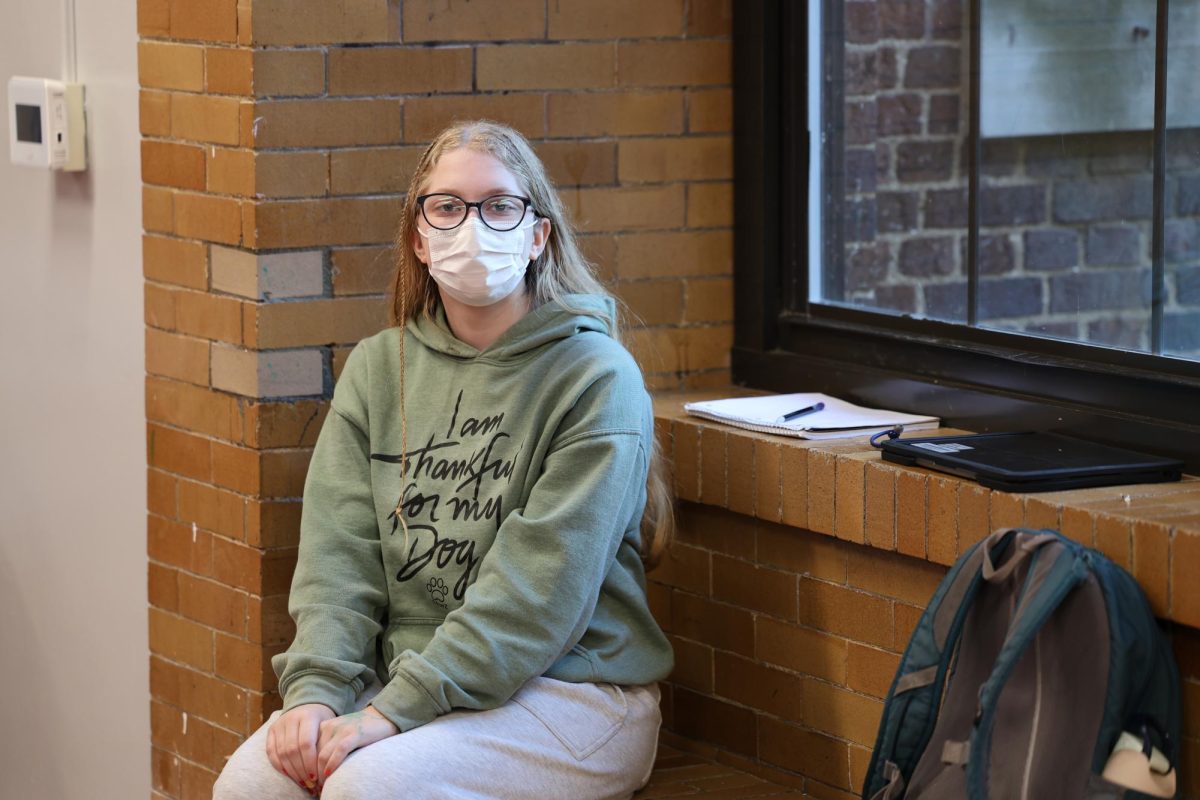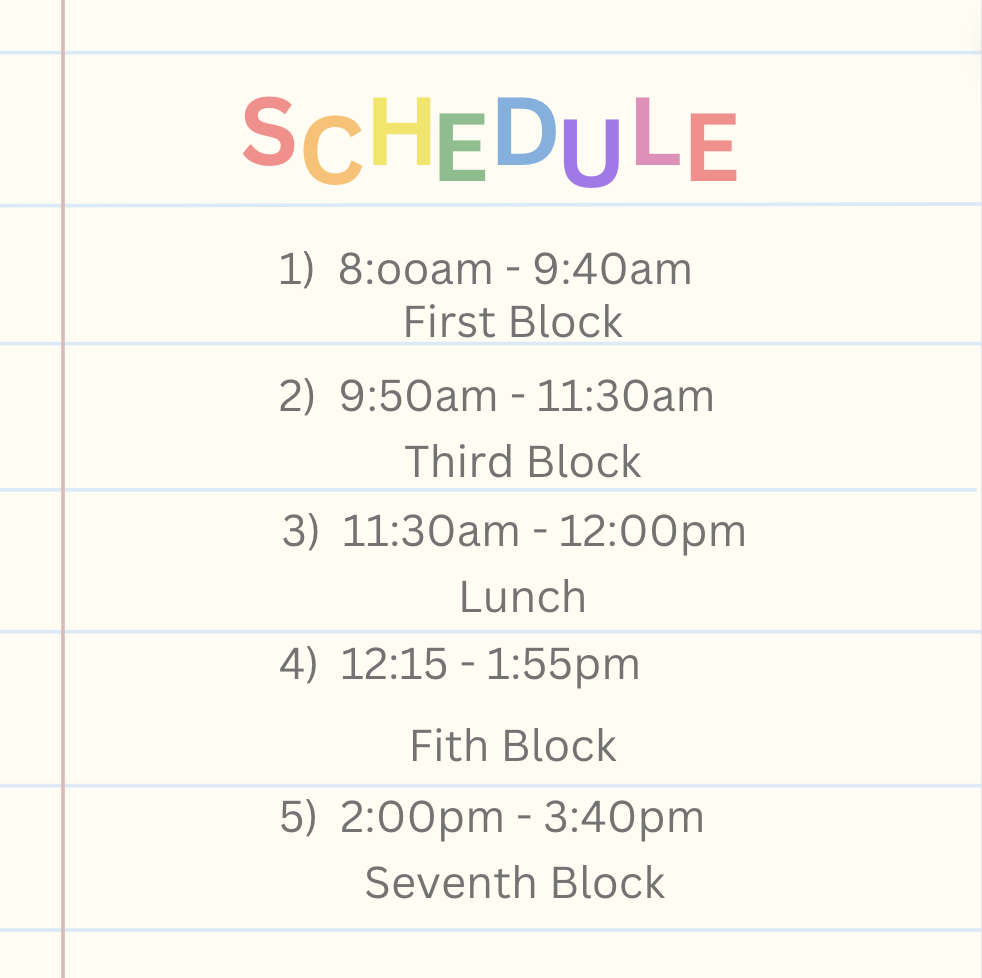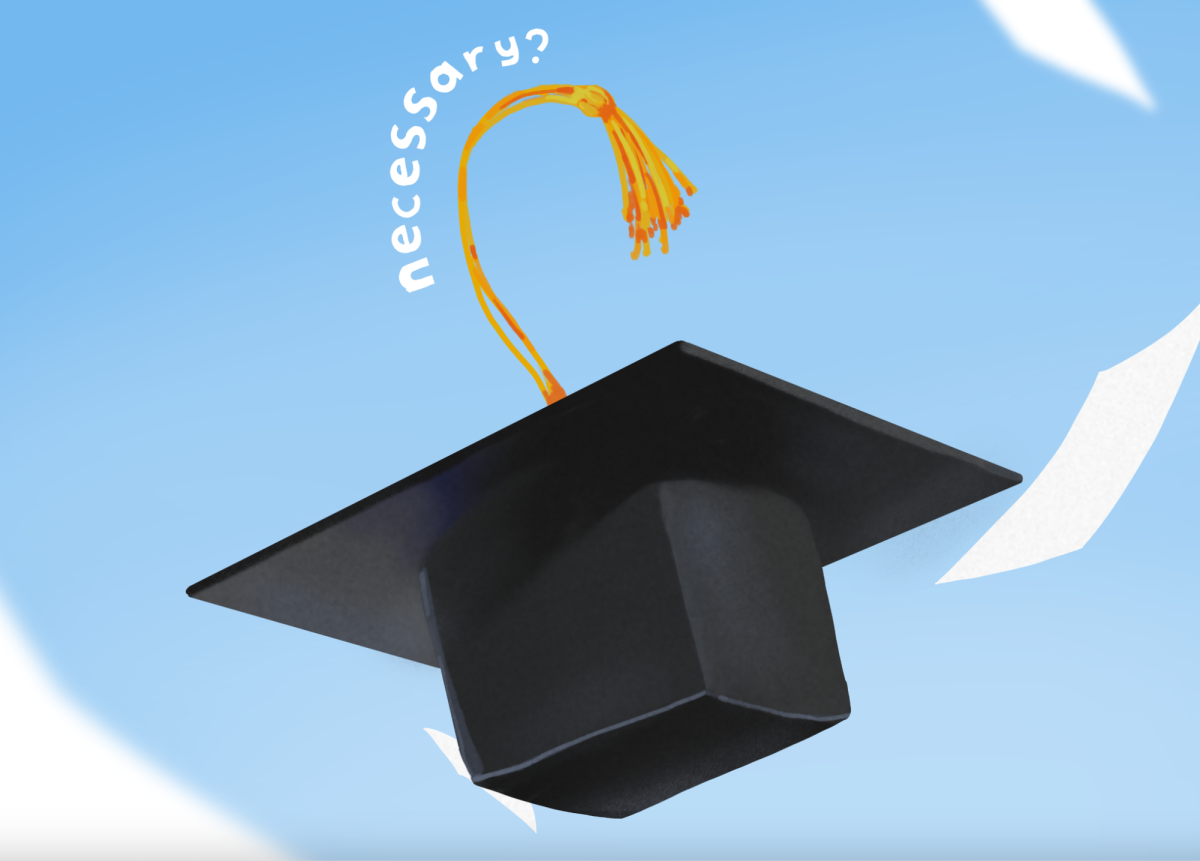My freshman year started with friendly introductions and coursework similar to middle school, but as high school progressed, the work piled up along with stress levels. For me and many new students, the calmness at the start of the year brings out a sense of confidence and laziness is quickly shattered as schoolwork picks up. However, The concentration of workflow needs to shift throughout the year. The workflow needs to become more orderly, and correspond with other time consumers like the SAT or class trips.
The life of a teenager consists of family, friends, chores, jobs, extracurriculars and the constant anxiety of being an adolescent. That’s more than enough to fill someone’s time, and that’s not even counting the 30 hours spent at school. The workload is less during freshman year, which is logical as freshman year is the start of your high school journey and you need time to adapt. As you get more and more experienced with high school life, it only makes sense for work to pile up every year. This mentality in a controlled environment is great, but the responsibilities of life create dissonance. As high school students get older, they often start taking driver’s ed, dating, working a job or maybe searching for the right college. These new tasks become new conflicts, preventing them from catching up to the constantly increasing class homework.
Sophomore Alex Schwartz notices this concept already.
“Junior year is gonna be hard,” Alex Schwartz, a CHS Sophomore, said. “There’s gonna be a bunch more stuff, because we have to take the SAT.” Schools adapting the amount of homework around events like the SAT is one idea. Preparation for the SAT would be so much more manageable if the influx of additional work were to wane temporarily.”
It’s not only juniors with this dilemma: Class trips would be more rewarding and relaxing without the ten overdue assignments. Large grade-defining projects would be done with higher quality if there weren’t one out of three grade-defining projects due within a short time.
It can be argued that the amount of work given to you prepares you for life in the future, and you need to push through it. That said, one of the most common ways to cope with a lot of work is to cram, or learn something fast and poorly just for a test. This strategy promotes bad and lifelong habits of meaningless consumption that schools encourage by dumping work. Many people forget topics taught in school as soon as they graduate due to this unhealthy method, which could be prevented with a more reasonable workload.
High school is a long and arduous process with varying levels of success. At the end of the day, we would benefit from a rest from the constant barrage of assignments. School can still be challenging and rewarding with less work; I and many others, would welcome it.





















